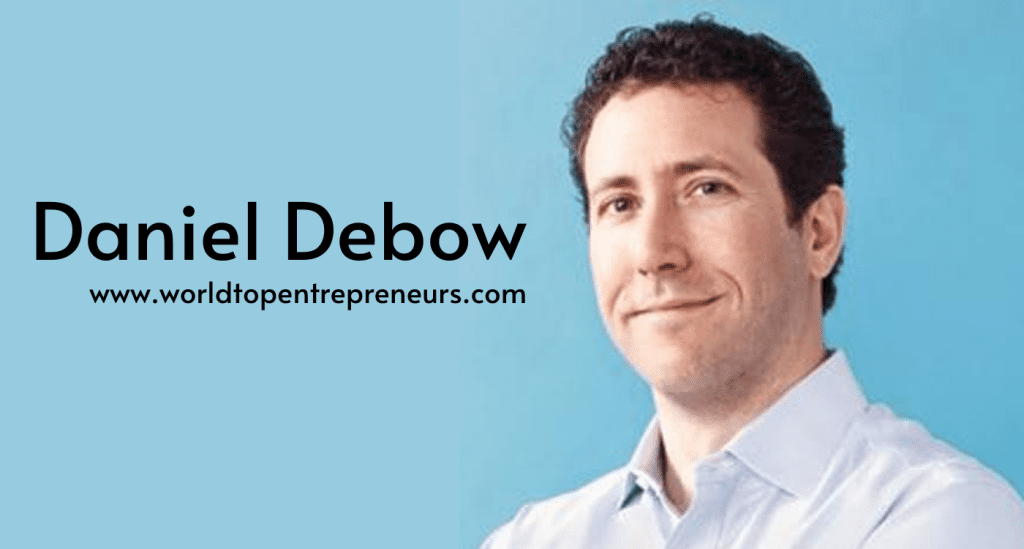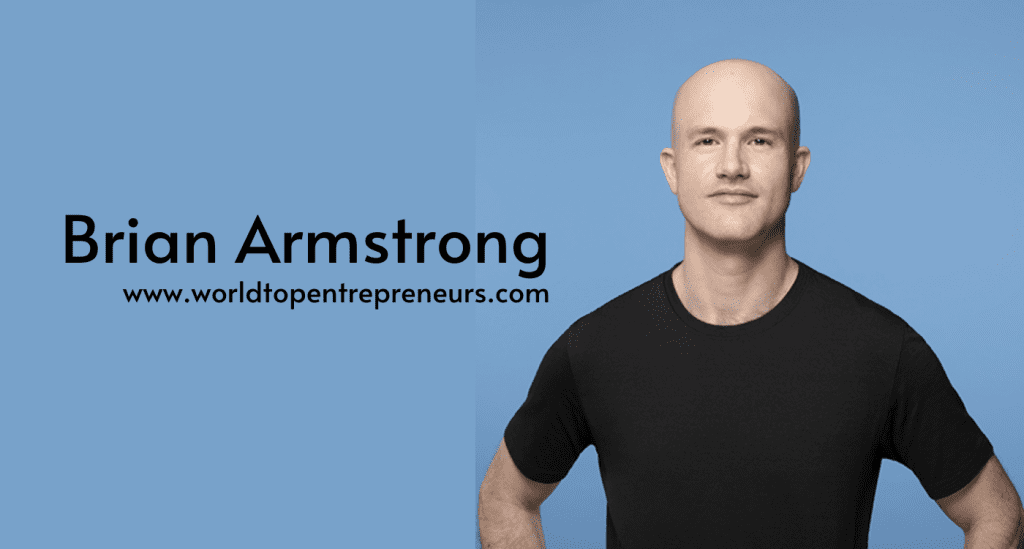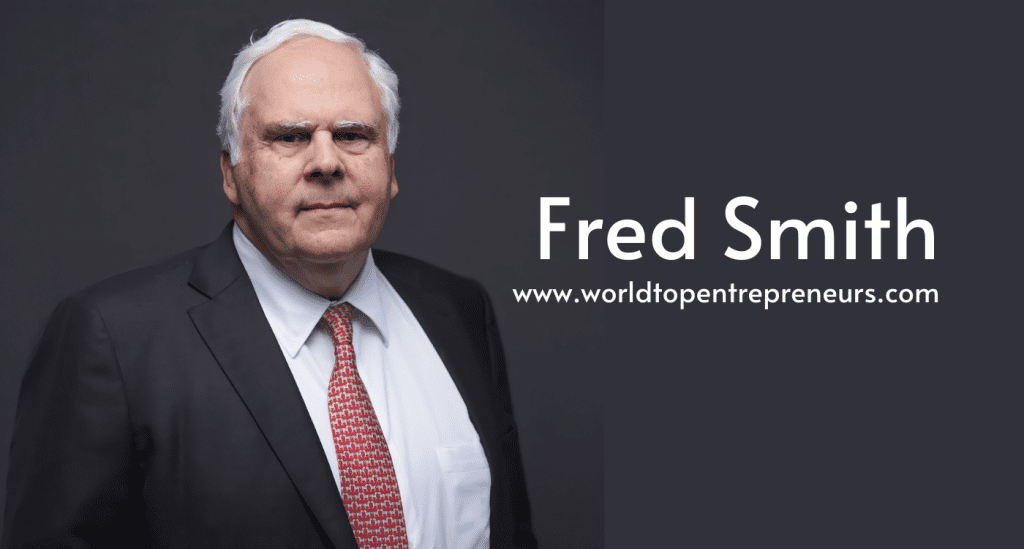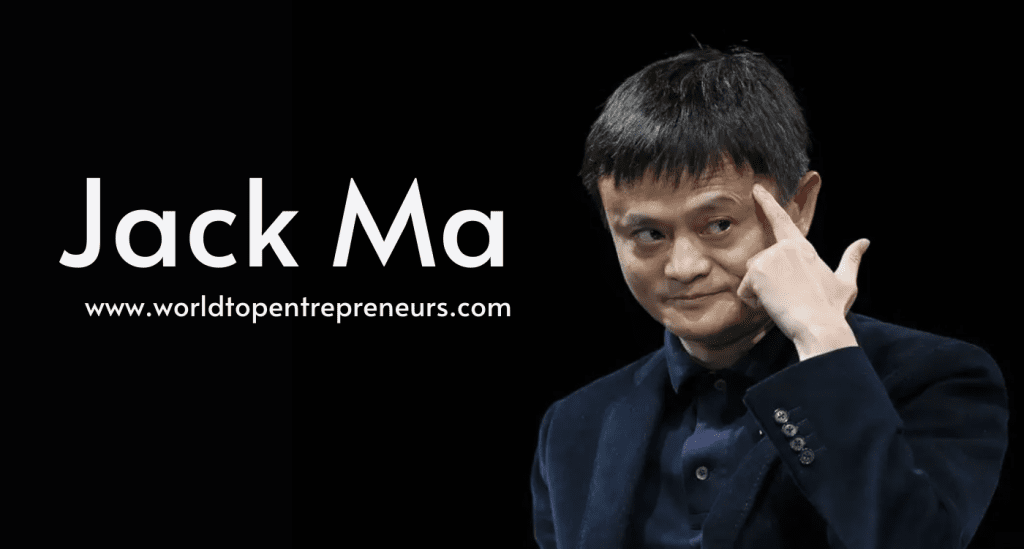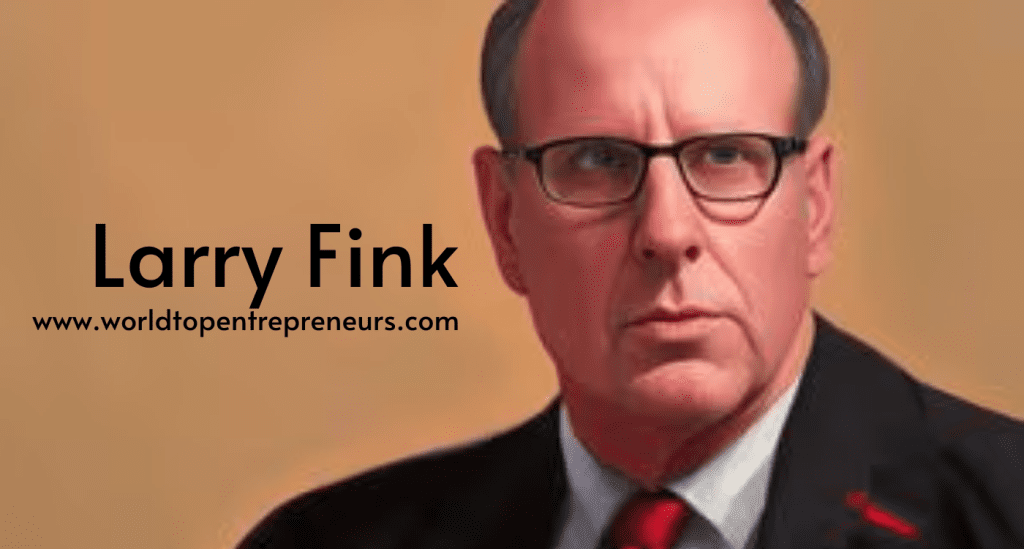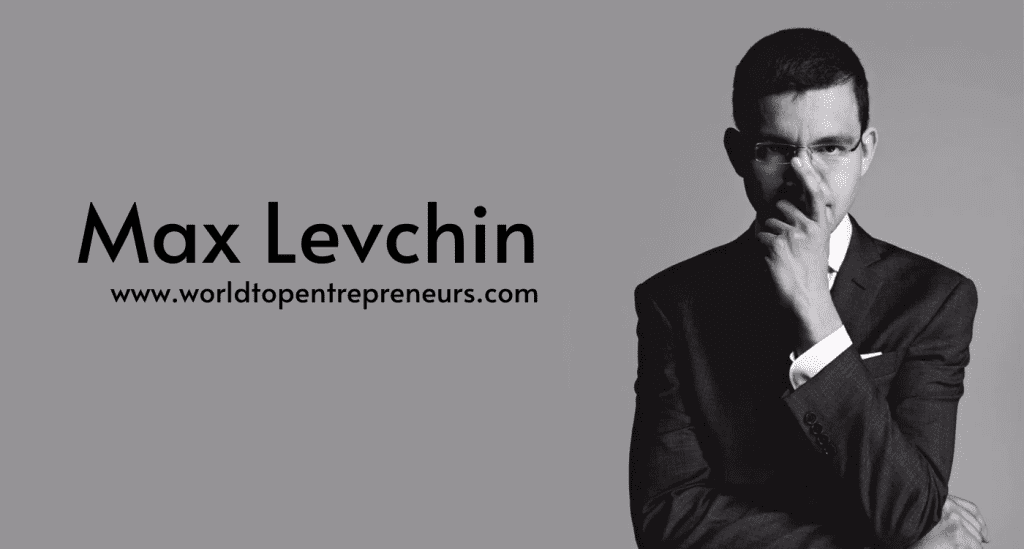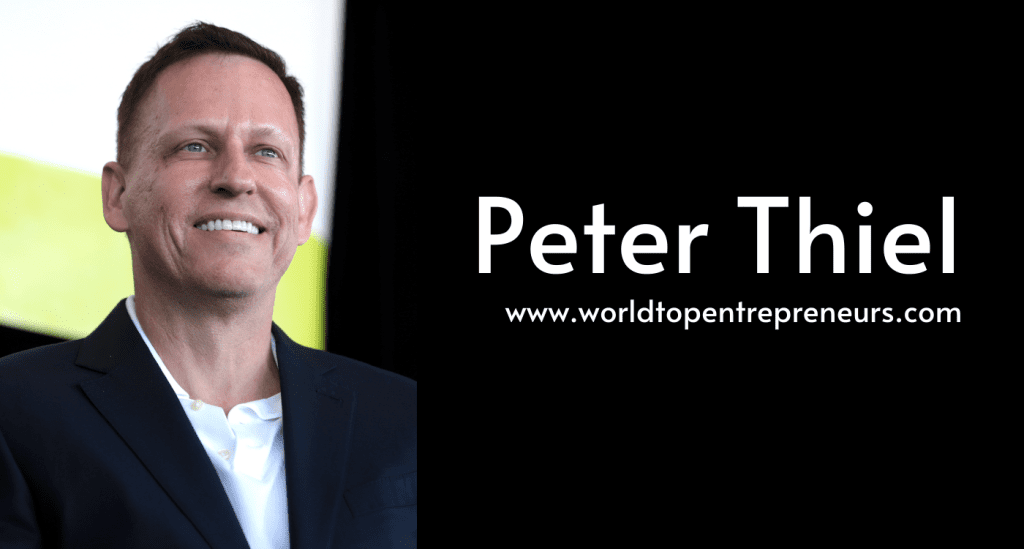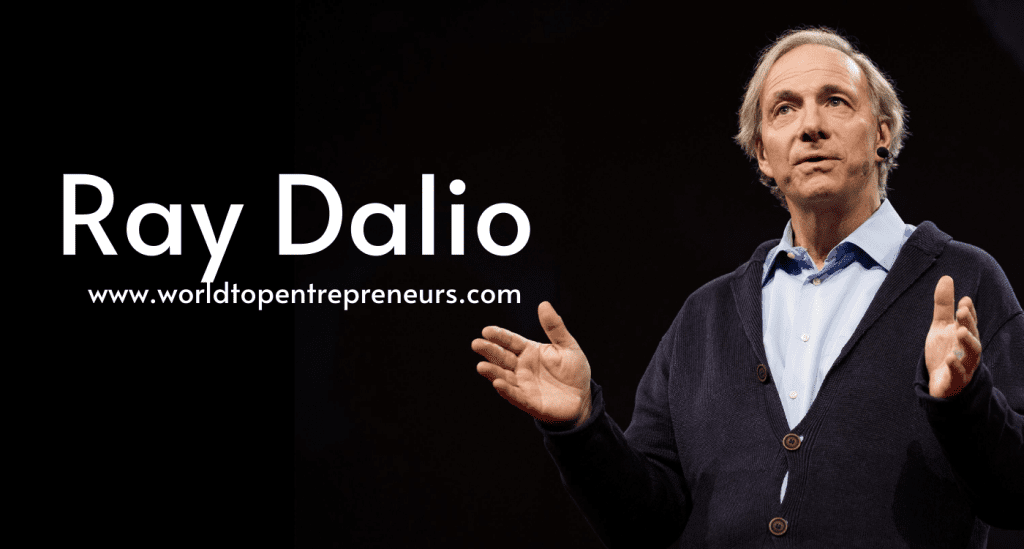Daniel Debow is a seasoned Canadian entrepreneur and business leader who co-founded Rypple, a company that aimed to transform the way organizations approach performance management. His entrepreneurial journey has been marked by innovative thinking, a focus on building better workplace cultures, and a commitment to leveraging technology to create more meaningful business practices. From co-founding Rypple to his subsequent ventures, Debow’s career has made a significant impact on the tech and HR industries.
This blog delves into Daniel Debow’s entrepreneurial journey, his educational background, the business history of Rypple, the struggles he encountered, his successes, and his long-lasting contributions to the corporate world.
Early Life and Educational Background
Daniel Debow was born and raised in Toronto, Ontario. Growing up, he was exposed to a variety of experiences that cultivated his strong curiosity for entrepreneurship and technology. His early interest in business and problem-solving set the stage for what would become an illustrious career in the startup world.
Debow attended Queen’s University in Kingston, Ontario, where he earned his Bachelor’s degree in Economics. This education provided him with a solid foundation in understanding business fundamentals, strategy, and economics, all of which would prove essential for his future ventures. While studying at Queen’s, Debow began developing his entrepreneurial mindset, with a growing interest in how technology could change the way businesses operate.
After completing his undergraduate studies, Debow pursued further education by completing an MBA from INSEAD, one of the world’s leading business schools. His time at INSEAD expanded his global perspective on business and allowed him to refine his strategic thinking and leadership skills, preparing him for the challenges of entrepreneurship.
The Founding of Rypple
The Vision for Rypple
In the early 2000s, Daniel Debow co-founded Rypple, a company that focused on modernizing employee performance management. Rypple was created with the vision to help companies drive employee engagement, recognition, and development by providing real-time feedback and insights into performance.
The traditional performance review system was often criticized for being outdated, rigid, and ineffective in promoting employee growth. Many companies relied on annual performance reviews, which were often disconnected from the daily work that employees did. Rypple’s mission was to shift away from these outdated processes and create a more continuous, feedback-oriented culture.
The platform they developed allowed employees and managers to provide real-time feedback, set goals, and have ongoing conversations about performance. This approach was grounded in the idea that feedback should be frequent, constructive, and actionable, allowing employees to improve continuously throughout the year.
Rypple’s Product and Impact
Rypple’s product provided a suite of tools designed to help businesses give employees regular feedback, celebrate achievements, and track progress. It enabled organizations to move away from outdated performance reviews that often focused on annual or semi-annual appraisals. Rypple’s platform was intuitive and user-friendly, which made it accessible to companies of all sizes, from startups to large enterprises.
Rypple was one of the first companies to capitalize on the shift toward social, real-time feedback and recognition in the workplace. At its core, the platform encouraged employees to have conversations about their development and helped managers stay on top of performance issues before they became significant problems.
As the company grew, Rypple attracted a range of clients from various industries, including technology companies, nonprofits, and large corporations. Its impact on the HR industry was profound, as it demonstrated the power of using technology to create positive workplace cultures, improve employee engagement, and boost productivity.
Acquisition by Salesforce
Rypple’s success did not go unnoticed. In 2012, after significant growth and adoption by some of the world’s largest companies, Salesforce, a global leader in customer relationship management (CRM) software, acquired Rypple. The acquisition was a natural fit, as Salesforce had been expanding into cloud-based enterprise applications, and Rypple’s performance management tools aligned with Salesforce’s broader vision of helping companies manage and optimize their workforces.
The acquisition of Rypple by Salesforce allowed the company’s tools to be integrated into Salesforce’s broader suite of HR solutions, which became a part of Salesforce’s Work.com platform. This marked a significant milestone for Debow and his co-founders, as Rypple’s vision and technology were recognized as valuable contributions to the future of workforce management and employee engagement.
For Debow, the acquisition was both a personal and professional success. It validated his belief in the importance of fostering transparent, continuous feedback within organizations, and it enabled him to leverage Salesforce’s vast resources and infrastructure to scale the impact of Rypple’s technology.
Struggles and Challenges
While Debow’s journey with Rypple was ultimately a success, like many entrepreneurs, he faced several struggles along the way:
- Competing with Established HR Giants
When Rypple launched, it entered a market dominated by established HR and performance management players like SuccessFactors and Kenexa. Competing with these giants required Rypple to offer something different—something that could address the growing demand for modern, feedback-driven employee development. Overcoming the inertia of large organizations and convincing them to adopt a new, untested platform was a significant challenge.
However, Rypple’s success came from its ability to build a unique product that met the needs of modern businesses, particularly in terms of engaging employees and creating feedback-rich environments.
- Financing and Scaling the Business
Like many startups, Rypple faced challenges when it came to financing and scaling the business. Securing funding to build the platform, grow the team, and expand the product offering was not always easy. However, Debow’s experience in the startup world helped him navigate these challenges. Over time, Rypple secured venture capital from investors and successfully scaled the company.
- Adapting to the Evolving Tech Landscape
The technology landscape, especially in the SaaS and cloud-based software sectors, was changing rapidly. To stay competitive, Rypple had to constantly innovate and adapt its product. This required agility, foresight, and the ability to respond quickly to emerging trends in workforce management and employee engagement.
Successes and Achievements
Daniel Debow’s entrepreneurial journey has been filled with notable successes and achievements:
- Creating a Market-Leading Product
Rypple’s success was primarily due to its ability to create a market-leading product that addressed a significant gap in the HR and employee performance space. By focusing on real-time feedback and continuous improvement, Rypple revolutionized the way companies managed performance and helped create more positive, productive workplace cultures.
- Successful Acquisition by Salesforce
The acquisition by Salesforce in 2012 was one of the crowning achievements of Debow’s career. It validated the vision behind Rypple and gave Debow the opportunity to take his ideas to a global scale through Salesforce’s platform. Rypple’s integration into Salesforce’s Work.com platform helped set the stage for new innovations in performance management, leadership development, and employee engagement.
- Recognition as a Thought Leader in HR Technology
Debow’s work with Rypple also helped cement his reputation as a thought leader in the HR technology and performance management sectors. His ideas about real-time feedback, employee development, and creating engagement-driven cultures have influenced businesses worldwide.
Post-Rypple Ventures and Investment
After the acquisition of Rypple, Daniel Debow continued his entrepreneurial journey by becoming involved in investment and advisory roles. He became an active angel investor, supporting early-stage companies in technology, HR, and enterprise software. He also served as a mentor to startups, helping guide the next generation of entrepreneurs.
- Co-Founder of Trellis
In addition to his work with Rypple, Debow co-founded Trellis, a platform aimed at helping charities and nonprofits raise funds more effectively. The company provides digital fundraising tools to organizations, allowing them to build customized donation campaigns, engage donors, and track fundraising goals.
- Investing in Early-Stage Startups
Debow has invested in several early-stage companies, providing mentorship and capital to startups in a variety of industries. His focus is on companies that have the potential to disrupt traditional business models and provide innovative solutions for customers.
Conclusion
Daniel Debow’s entrepreneurial journey has been a remarkable story of vision, resilience, and innovation. His work with Rypple has had a lasting impact on how companies manage employee performance and engagement. Rypple’s success and its eventual acquisition by Salesforce solidified Debow’s position as a leading figure in HR technology.
Beyond Rypple, Debow continues to make his mark in the startup ecosystem through his investments and advisory roles. His commitment to innovation and making a positive impact on business practices continues to inspire entrepreneurs and organizations alike.
Daniel Debow’s journey is a testament to the power of thinking outside the box, staying agile in a fast-changing world, and continuously striving to improve the way we work and collaborate.

